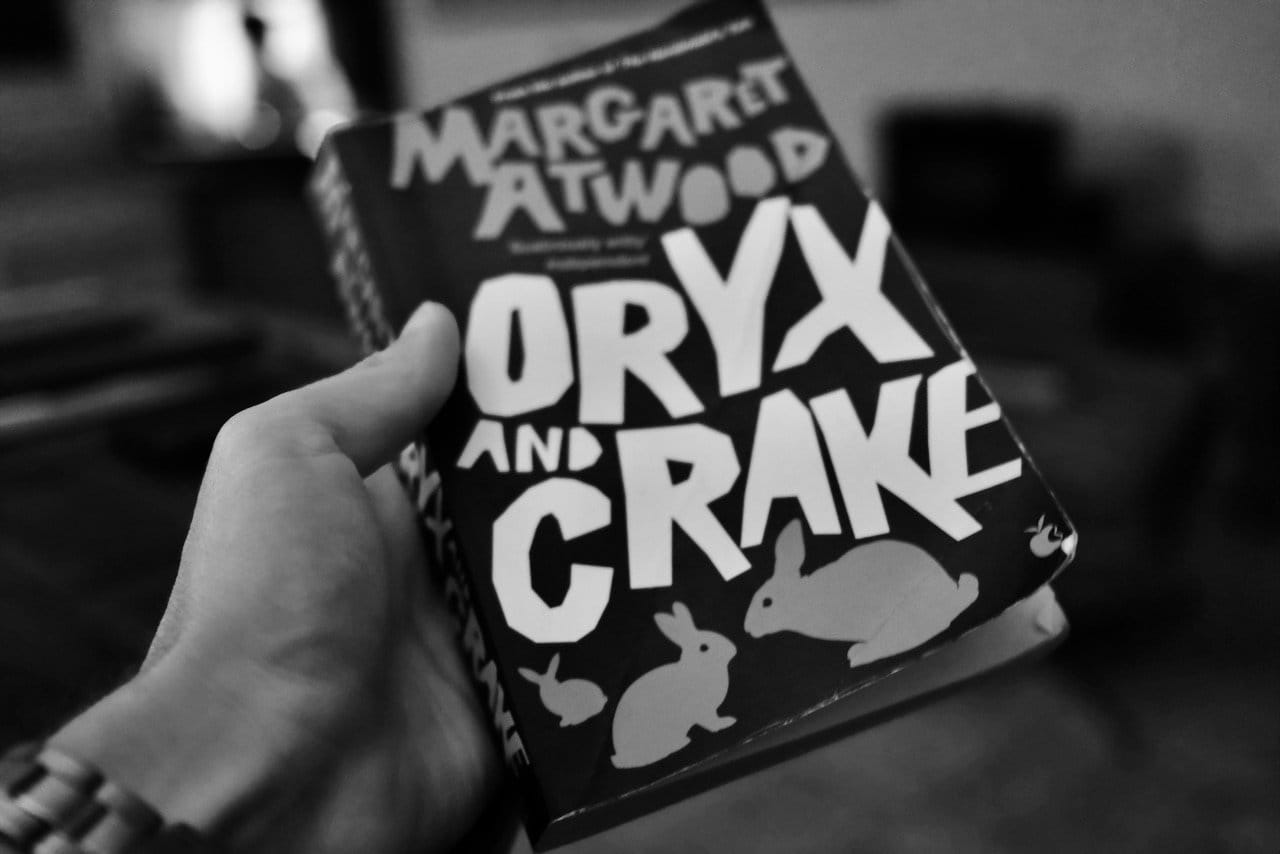Last week I reread Margaret Atwood’s Oryx and Crake, and it harmonized with our latest heatwave to an unsettling degree. Snowman is the last person on the planet after a virus intersects with technological hubris. Sunburnt and crazed, he wanders the ruins, seeking refuge from the unbearable heat.
But suppose—just suppose, thinks Snowman—that he’s not the last of his kind. Suppose there are others. He wills them into being, these possible remnants who might have survived in isolated pockets, cut off by the shutdown of the communications networks, keeping themselves alive somehow. Monks in desert hideaways, far from contagion; mountain gatherers who’d never mixed with the valley people; lost tribes in the jungles. Survivalists who’d tuned in early, shot all comers, sealed themselves into their underground bunkers. Hillbillies, recluses; wandering lunatics, swathed in protective hallucinations. Bands of nomads, following their ancient ways.
How did this happen? their descendants will ask, stumbling upon the evidence, the ruins. The ruinous evidence. Who made these things? Who lived in them? Who destroyed them? The Taj Mahal, the Louvre, the Pyramids, the Empire State Building—stuff he’s seen on TV, in old books, on postcards . . . Imagine coming upon them 3-D, life-sized, with no preparation—you’d be freaked, you’d run away, and after that you’d need an explanation. At first they’ll say giants or gods, but sooner or later they’ll want to know the truth.
Written nearly twenty years ago, Oryx and Crake‘s premise feels absolutely plausible today. But Atwood is fantastic at transforming this frightening material into something loopy, often tender, and in the process, she leaps over the glut of dystopian visions that fill 21st-century entertainment. You say the end of the world is coming? Fine, let’s crank it to eleven: here’s the last man standing—what happens now?
I’m on to the second book in the trilogy, The Year of the Flood. The American editions are nasty, glossy objects, so I recommend tracking down the UK edition.








